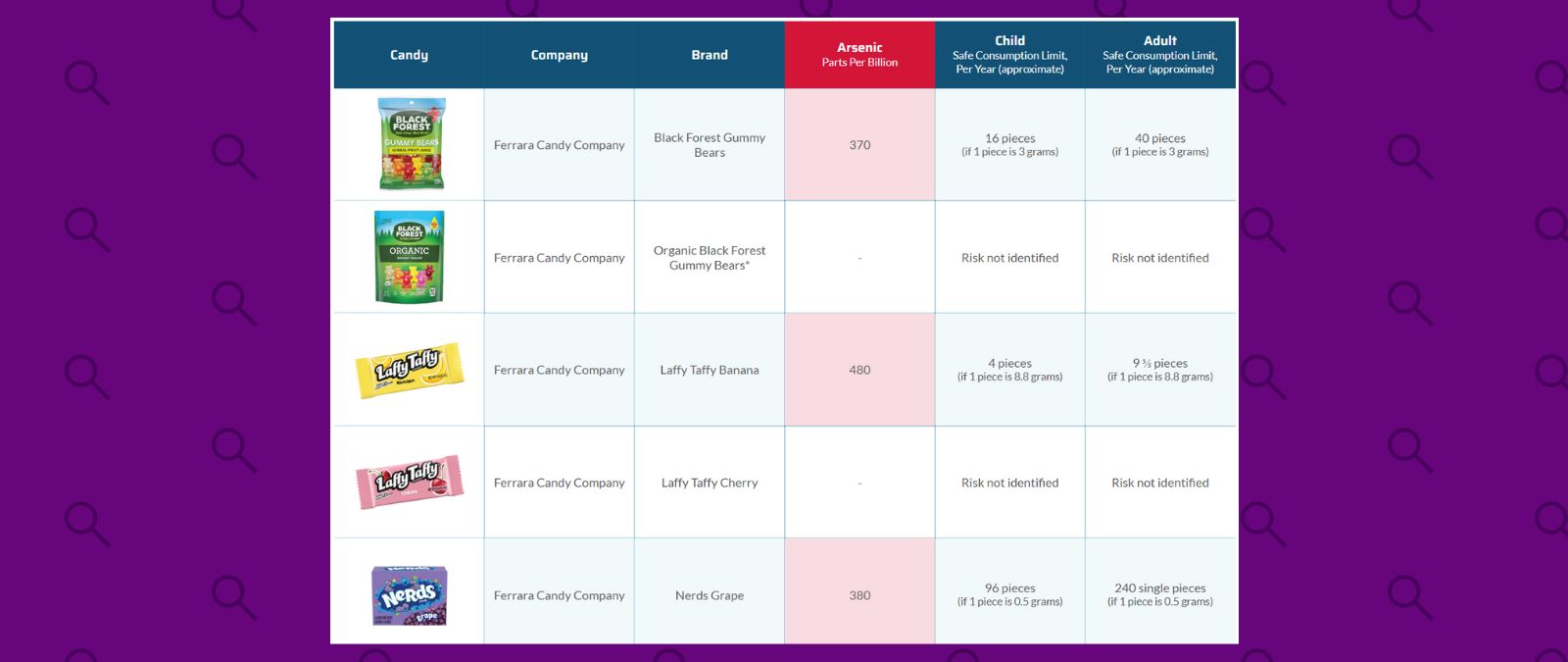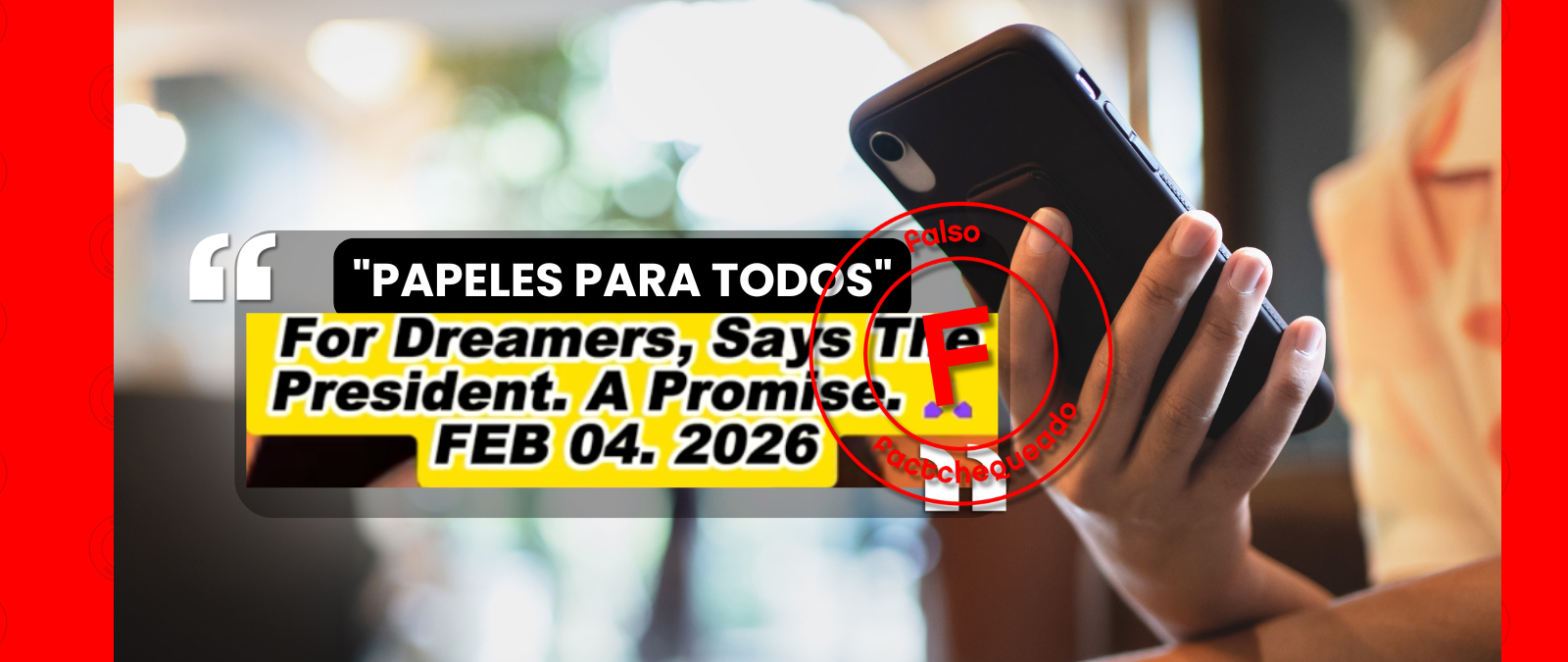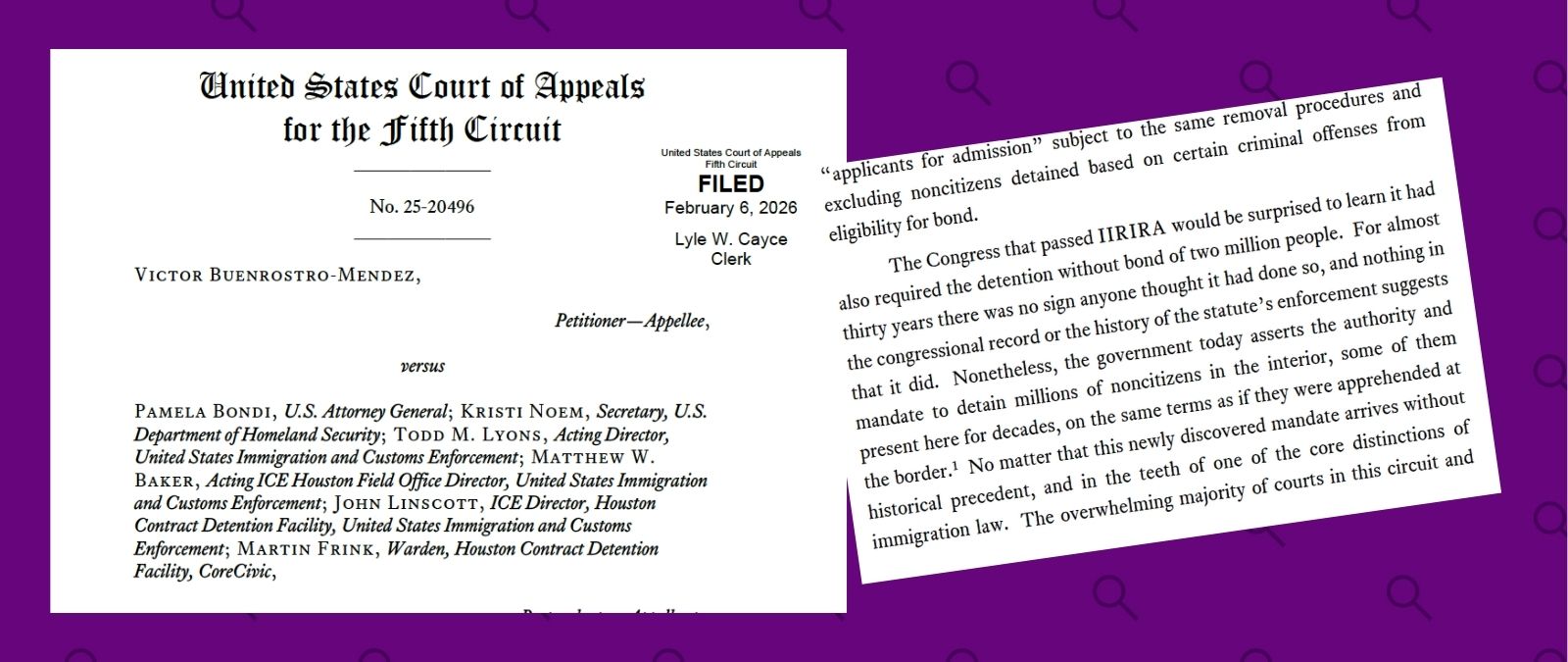In 13 states and territories of the United States, like Nevada or Iowa, voters choose the presidential candidate of at least one of the two biggest political parties in caucuses, not primary elections. What is a caucus and how is it different from a primary? A caucus is a partisan assembly where voters gather live and, generally, in person.
In a caucus, instead of having state voters going to voting centers throughout a day or voting by mail, like in the primaries, voters of an electoral municipality, county or precinct (district) meet at the same time in assemblies and express there their preference towards a presidential candidate or another to become their party’s candidate.
Lee esta historia en español haciendo clic aquí.
Caucuses are voting assemblies, but their rules are different between each other
In Iowa, for example, Republican voters will meet in assemblies on January 15, 2024, at 7 PM CT and will become the first to express their preference towards one of the Republican candidates for the presidency like Donald Trump, Ron DeSantis, Nikki Haley or Vivek Ramaswamy. They will do this during the Republican caucus of the precinct where they are registered to vote.
Traditionally, all voters present are divided at the beginning of the caucus according to the candidate they support, or they join the group of swing voters. Representatives of the candidates can make their speeches to convince them, and the candidates with the least support are dropped out, while their partisans have the option of transferring their endorsement to one of the candidates that are still in the race.
The rules of each caucus, like voting hours, are different depending on the state, political party or county. Some, for instance, only allow the party voters to participate, while others let any registered voter join. However, the goal of a presidential caucus, like a primary, is always the same: to designate delegates for the party's state or national convention, where the presidential candidate is really chosen.
For example, in Nevada, parties must hold their primaries, by law, on February 6, but the Republican party decided that the state delegates that will vote for the presidential candidate during their national convention will be chosen in assemblies on February 8. In Iowa, Democrats have resolved to have a caucus, but the choice between all presidential candidates will not be determined then, but by mail the weeks before.
Does it have an impact on the result to vote in primaries or caucuses?
At the end of the entire process of primaries and assemblies, those who will decide who will be the Democrat or Republican candidate are the delegates of the national conventions held by both parties. During these assemblies or primaries, participants choose delegates, who have expressed their sympathy towards one candidate or another, and who will vote in the state or national convention where the party candidate will be selected.
Therefore, the presidential race begins with a competition to guarantee enough delegates to win the national convention of one of the parties. Here, the election format does have an impact: in some states that hold primaries, a candidate receives a number of delegates that is proportional to their voting percentage. In other states with caucuses, however, dropping out candidates with the least votes in several rounds benefits those with the most support even more.
Can I participate in a caucus or primary?
The Federal Election Commission has a list to check if the Republican or Democrat party holds a presidential caucus or primary in your state or territory and when. The NGO Rock the Vote also has a detailed guide where you can review the presidential primary or caucus’ guidelines of all 50 states, including the ones that dictate who can participate and how. The states with the highest percentage of Latino population with presidential caucuses are, according to the census, Nevada, Utah, Idaho, Wyoming and Iowa.
In many states, people under 18 years old can participate in a presidential caucus if they turn 18 before the General Elections on November 2024. The law only allows U.S. citizens to participate in federal elections (presidential, senators and members of Congress), who are also registered to vote in 1 of the 50 states; so a citizen that lives in Puerto Rico or Guam can participate in the presidential caucus or primary of their party there, but not in the General Election.
Factchequeado is a verification media outlet built by a Spanish-speaking community to tackle disinformation in the United States. Do you want to be part of it? Join us and verify the content you receive by sending it to our WhatsApp +16468736087 or to factchequeado.com/whatsapp.









